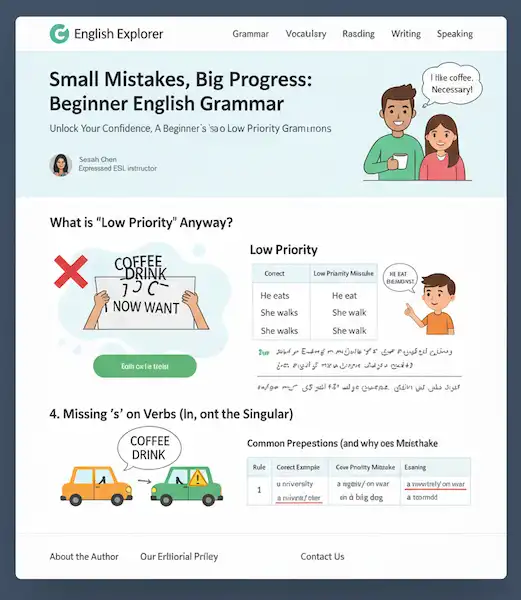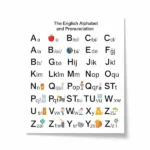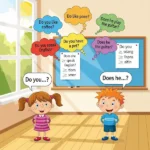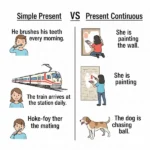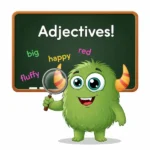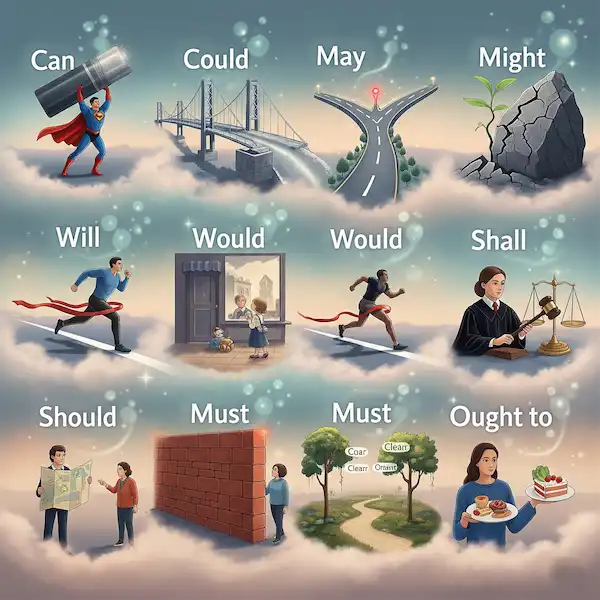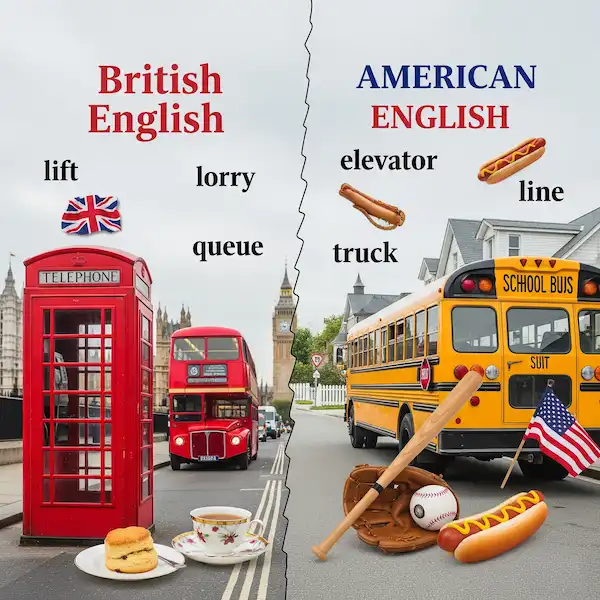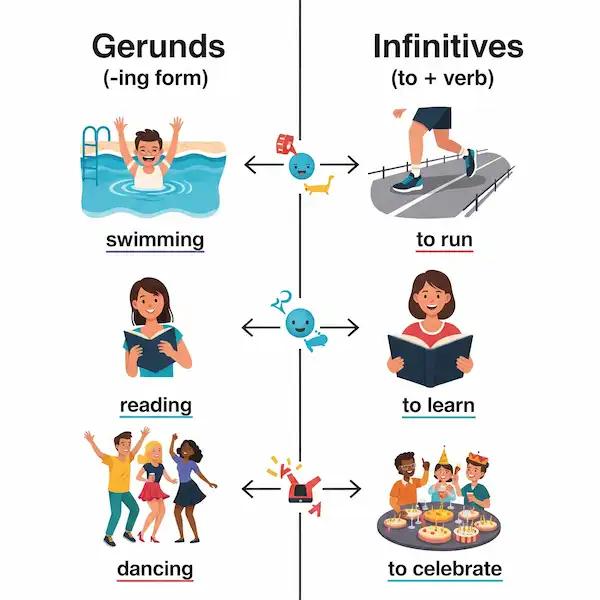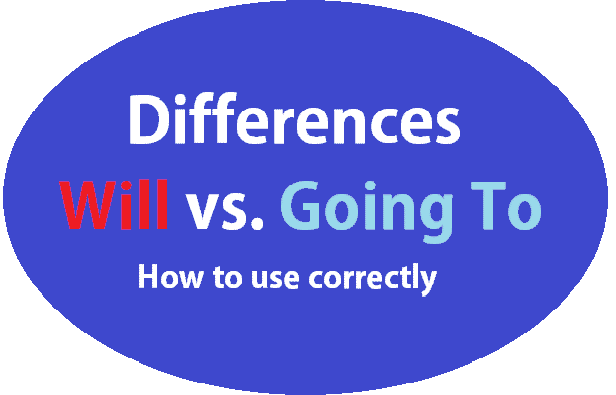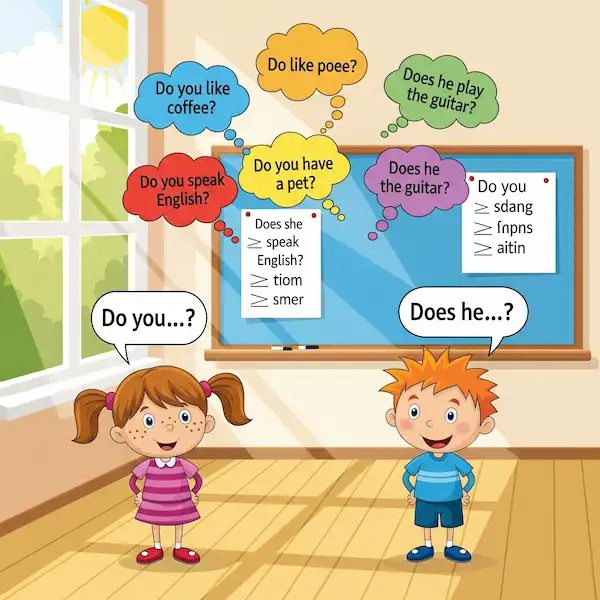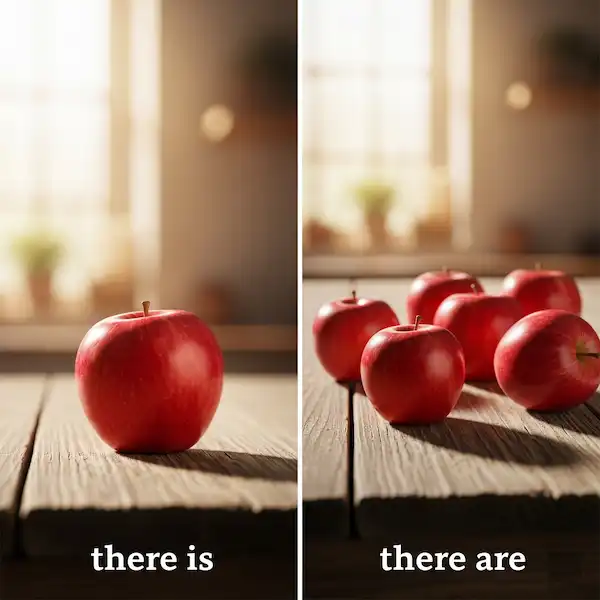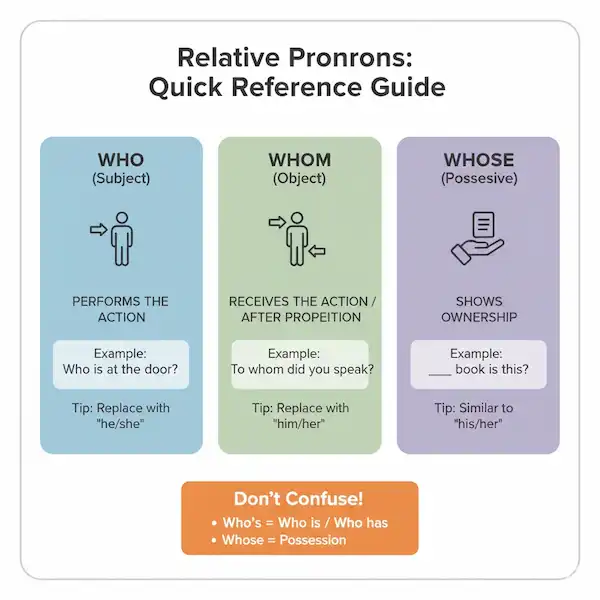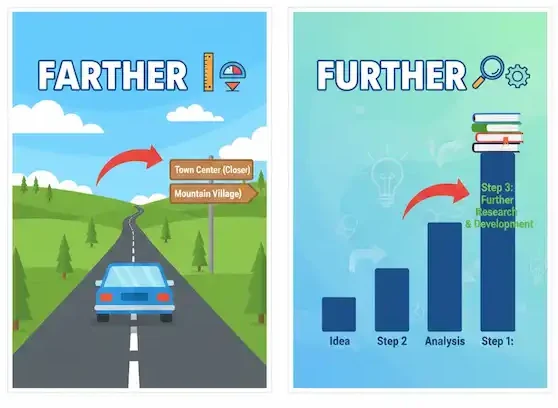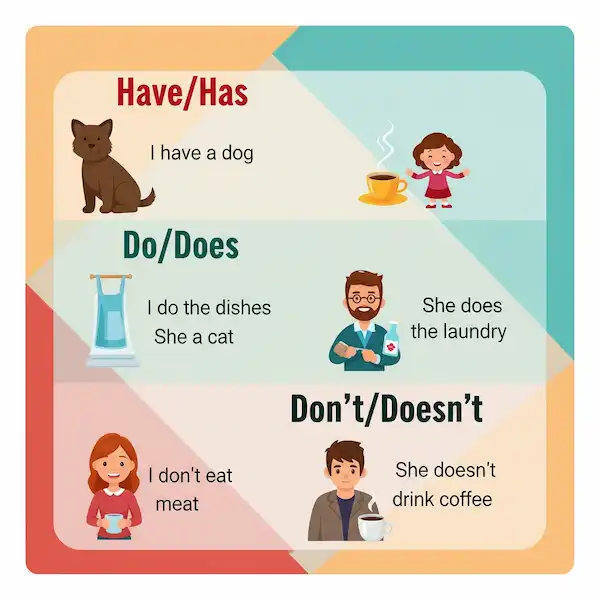Small English Grammar Mistakes: Don’t Sweat the Small Stuff in English!
Hello, new English learner! Are you sometimes worried about making English grammar mistakes when you speak or write? Do you get stuck trying to be perfect? Well, guess what? Everyone makes mistakes, even native English speakers and especially when learning a new language! And some mistakes are really, really small and not a big deal at all. Learn more about low priority English grammar mistakes.
This article is here to help you understand some common low priority grammar mistakes. These are errors that most native speakers will still understand perfectly. Our goal today is to help you feel more confident and less stressed about tiny errors, so you can focus on communicating!
What are Low Priority English Grammar Mistakes Anyway?
Think of it like driving a car. Changing lanes without looking is a “high priority” mistake – it can cause a big problem! But forgetting to signal when no one is around? That’s a “low priority” mistake – not ideal, but it doesn’t stop you from getting to your destination.
In English, low priority English grammar mistakes are things that:
- Don’t stop people from understanding you. Your message is still clear.
- Are very common for new learners. You’re not alone!
- You can fix later, once you’re more confident.
Let’s dive into some examples!
1. English Grammar Mistakes: Missing “s” on Verbs (Third Person Singular)
This is probably one of the most common “low priority” English grammar mistakes, and it’s perfectly okay!
The Rule: When you talk about “he,” “she,” or “it” (and singular nouns like “the dog,” “my mom,” “the car”) in the present tense, you add an “s” to the verb.
- He eats. (Correct)
- She walks. (Correct)
- It rains. (Correct)
The Low Priority Mistake: You forget the “s”!
- He eat breakfast. (Mistake, but understandable!)
- She walk to school. (Mistake, but understandable!)
- It rain a lot here. (Mistake, but understandable!)
Why it’s low priority: Native speakers will absolutely understand what you mean. They’ll know you’re talking about “he,” “she,” or “it.” It sounds a little bit like a child speaking, but it doesn’t cause confusion.
Example Conversation:
- Learner: “My brother like to play soccer.”
- Native Speaker: (Understands perfectly) “Oh really? My brother likes soccer too!”
Chart:
| Subject | Verb (Correct) | Verb (Low Priority Mistake) |
| I | eat | (no mistake) |
| You | eat | (no mistake) |
| He/She/It | eats | eat |
| We | eat | (no mistake) |
| They | eat | (no mistake) |
2. English Grammar Mistakes: Incorrect Prepositions (in, on, at, to, for, etc.)
Prepositions are tiny words that show relationships between things, like time, place, or direction. English prepositions are famously tricky, even for advanced learners! There are so many rules and exceptions.
The Rule (Examples):
- Time: “I wake up at 7 AM.” “My birthday is in July.” “I go to school on Mondays.”
- Place: “The book is on the table.” “I live in New York.” “I am waiting at the bus stop.”
- Direction: “I go to school.” “He walked into the room.”
The Low Priority Mistake: You use the wrong preposition.
- “I go in school.” (Instead of “to school”)
- “My birthday is on July.” (Instead of “in July”)
- “I live at New York.” (Instead of “in New York”)
Why it’s low priority: Most of the time, the meaning is still clear from the rest of the sentence. Native speakers can usually guess which preposition you meant. It might sound a little bit “off,” but it’s not a barrier to understanding.
Example Conversation:
- Learner: “I was born on 1990.” (Instead of “in 1990”)
- Native Speaker: (Understands the year) “Oh, you’re the same age as my sister!”
Chart of Common Prepositions (and why they are tricky!):
| Preposition | Common Use (Example) | Tricky Situation (Example of Mistake) |
| In | In the morning, in a city | “on the morning,” “at a city” |
| On | On the table, on Monday | “in the table,” “at Monday” |
| At | At 5 PM, at the bus stop | “on 5 PM,” “in the bus stop” |
| To | Go to school, talk to him | “go in school,” “talk with him” |
| For | This is for you, wait for me | “this is to you,” “wait to me” |
3. English Grammar Mistakes: Confusing “a” and “an” (Articles)
These tiny words (“a,” “an,” “the”) are called articles. “A” and “an” are used for non-specific things.
The Rule:
- Use “a” before words that start with a consonant sound. (a cat, a house, a university)
- Use “an” before words that start with a vowel sound. (an apple, an hour, an umbrella)
Important: It’s about the sound, not just the letter! “University” starts with ‘u’ but sounds like ‘yoo’ (consonant sound), so “a university.” “Hour” starts with ‘h’ but the ‘h’ is silent (vowel sound ‘ow’), so “an hour.”
The Low Priority Mistake: You use “a” instead of “an” or vice versa.
- “I want a apple.” (Instead of “an apple”)
- “She has an big dog.” (Instead of “a big dog”)
Why it’s low priority: The meaning is still perfectly clear. It might make your speech sound a little bit less natural, but it doesn’t cause any misunderstanding.
Example Conversation:
- Learner: “I need a umbrella because it’s raining.”
- Native Speaker: (Understands perfectly) “Good idea, it’s raining a lot today.”
4. English Grammar Mistakes: Confusing “much” and “many”
These words are used to talk about quantity.
The Rule:
- Use “many” with countable nouns (things you can count individually, like “apples,” “books,” “friends”).
- Use “much” with uncountable nouns (things you can’t count individually, like “water,” “money,” “information,” “time”).
The Low Priority Mistake: You use “much” with countable nouns or “many” with uncountable nouns.
- “I have much friends.” (Instead of “many friends”)
- “How many money do you have?” (Instead of “how much money”)
Why it’s low priority: Again, the context usually makes your meaning obvious. People will understand if you’re talking about a large or small quantity of something.
Example Conversation:
- Learner: “I don’t have much books.” (Meaning “many books”)
- Native Speaker: “That’s okay, you can borrow some of mine!”
Chart:
| Word | Used With | Examples (Correct) | Examples (Low Priority Mistake) |
| Many | Countable Nouns | Many apples, many cars | Much apples, much cars |
| Much | Uncountable Nouns | Much water, much advice | Many water, many advice |
5. English Grammar Mistakes: Basic Word Order in Questions
In English, when you ask a question, the word order changes.
The Rule (with ‘be’ verb):
- Statement: “You are happy.”
- Question: “Are you happy?” (Verb first, then subject)
The Rule (with other verbs, using “do/does/did”):
- Statement: “You like coffee.”
- Question: “Do you like coffee?” (“Do” first, then subject, then main verb)
- Statement: “He plays soccer.”
- Question: “Does he play soccer?”
The Low Priority Mistake: You use statement word order for a question, or you miss “do/does/did.”
- “You are happy?” (Instead of “Are you happy?”)
- “You like coffee?” (Instead of “Do you like coffee?”)
- “He plays soccer?” (Instead of “Does he play soccer?”)
Why it’s low priority: Your voice will usually go up at the end of the sentence, which tells a native speaker it’s a question. They’ll understand you’re asking, even if the word order isn’t perfect.
Example Conversation:
- Learner: “Your name is Sarah?”
- Native Speaker: (Understands it’s a question) “Yes, that’s right!”
Quick English Grammar Mistakes Confidence Boosters!
- Focus on Fluency, Not Just Accuracy: At the beginning, it’s more important to speak and try to get your message across. Don’t stop in the middle of a sentence because you’re worried about a tiny mistake. Keep going!
- Listen and Read English Every Day: The more you hear and read correct English, the more naturally you will start to use correct grammar yourself, without even thinking about it.
- Don’t Fear Mistakes: Mistakes are how we learn! Every mistake you make is a step on your journey to becoming better at English. Be proud of trying!
- Native Speakers Are Usually Very Patient: Most native English speakers are happy that you are trying to learn their language and will be very understanding of your mistakes.
Practice Makes Perfect
Here is a PDF worksheet you can download to practice English Grammar Mistakes.
Additional Helpful Links
- Study about English Essay Writing – Beginner Essay Writing: A Step-by-Step Guide
Where to Find More Help
When you do want to check your grammar, here are some excellent and reliable places:
- Cambridge Dictionary – Grammar: The Cambridge Dictionary isn’t just for words; it has fantastic, clear explanations of grammar rules.
- Purdue OWL (Online Writing Lab) – ESL Resources: Purdue University’s OWL is famous for its comprehensive and easy-to-understand grammar guides, including sections specifically for English as a Second Language learners.
- British Council LearnEnglish – Grammar: The British Council offers a wealth of free resources for English learners, including grammar explanations, exercises, and quizzes.
